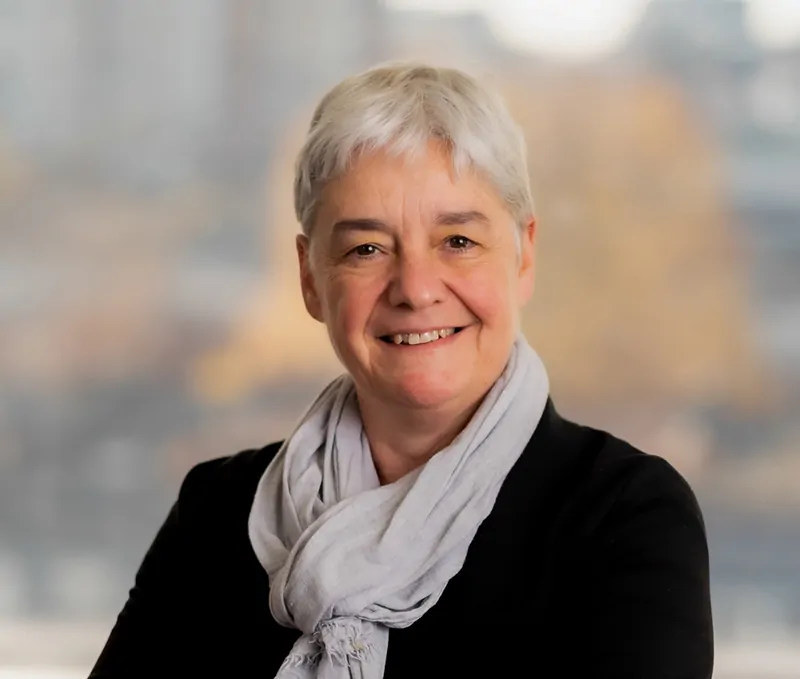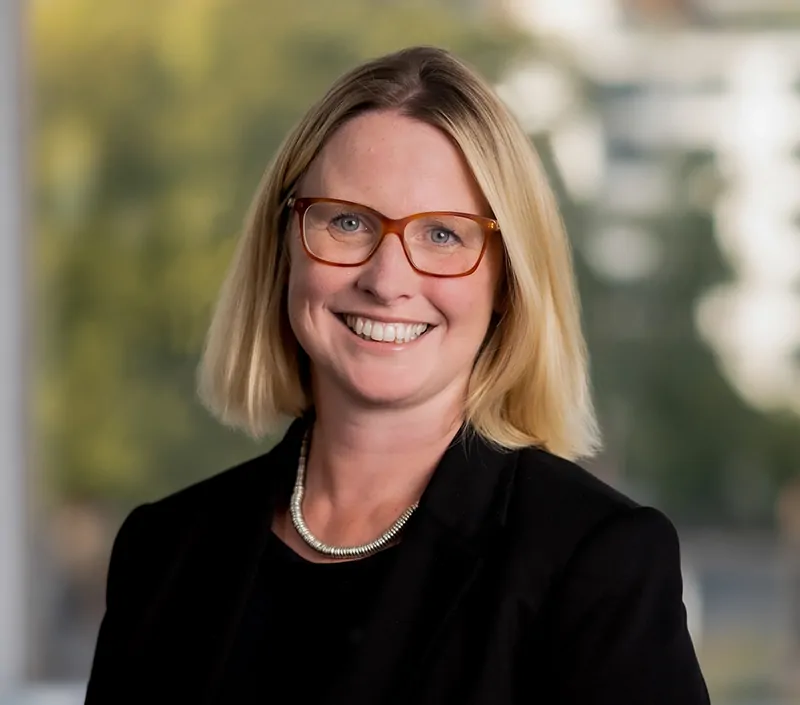If you are planning to come to the UK to marry or enter a civil partnership with a British citizen or settled person in the UK and, after that, you wish to stay in the UK with your partner, you can apply for a visa called a UK Fiancé or Proposed Civil Partner visa (generally referred to as a fiancé visa). Below, we explain the requirements you must meet in order to obtain a fiancé visa, and answer some frequently asked questions on this topic.
What is a Fiancé(e) visa?
If you are planning to have a civil partnership or marry a British citizen or settled person in the UK, you can apply for a visa and join your partner in the UK as long as you can meet the requirements set out in the next question. An application for a UK Fiancé/Proposed Civil Partner visa (generally referred to as a Fiancé visa) must be made from outside the UK. You cannot switch into this category from within the UK.
What are the main requirements?
In order to qualify for a Fiancé or Proposed Civil Partner visa, you will need to meet the following requirements
- Your partner is British, holds indefinite leave to remain, limited leave to remain under Appendix EU or limited leave to remain under Appendix ECAA
- You are both over the age of 18
- You have met in person
- You are both free to marry or have a civil partnership
- Any previous relationships have broken down permanently
- Your relationship is genuine and subsisting and you intend to live together permanently in the UK after your marriage or civil partnership
- You intend to marry within six months of your arrival in the UK
- You meet the financial requirement and will be adequately maintained in the UK without recourse to public funds until and after the date of your marriage/civil partnership for you and your dependents
- There is adequate accommodation for you and any dependents
- You speak and understand English to the required level – as a fiancé/prospective civil partner this is level A1 of the CEFR
You will need to apply online and attend an appointment at a visa application centre to enrol your biometrics and hand in your passport.
How can I demonstrate that I meet the financial requirement?
There are various ways to meet the financial requirement which are specified in the Immigration Rules. This includes, but is not exclusive to, your partner’s salaried or non-salaried income, cash savings, and pensions. In order to meet the requirement by employment income alone, you will need to show that your partner has a gross annual income of at least £18,600, plus:
- An additional £3,800 for the first non-British child who is also applying for a visa
- An additional £2,400 for any further additional non-British children applying
If you wish to meet the financial requirement using cash savings, you can rely on any cash savings held by you or your partner above £16,000. If you rely on cash savings alone and have no dependent children, you would need to have £62,500 saved. If you combine cash savings with other sources of income, such as employment income, the amount of savings that you need to show is reduced.
Alternately, if your partner is in receipt of certain specified benefits, you are exempted from the financial requirement but must show that you and your partner can adequately maintain yourselves and any dependents in the UK, without recourse to public funds. This involves showing that after deducting your housing costs from income received, you are left with a net income that is at or above income support levels.
The Home Office have strict requirements on the evidence that you need to show to demonstrate that you meet the financial requirement and what ‘income’ will be permitted to meet the requirement.
How long will the Fiancé visa be valid for?
Successful applicants are granted entry clearance for six months. During this six months, they will need to enter the UK and get married or have a civil partnership, and submit an application for leave to remain as a partner. As soon as they are civil partnered or married, applicants can submit an application for leave to remain as a civil partner or spouse, submitting fresh evidence that they still meet all the requirements, as well evidence as that the legal ceremony has taken place. Please see our separate FAQs on partner applications for more details. If successful, the applicant will be issued 30 months leave to remain.
The visa is extendable and leads to indefinite leave to remain after a five-year period. In certain occasions it can take ten years if certain requirements are not met and you need to rely on an exception.
Can I work or study while holding a Fiancé visa?
Applicants are not allowed to work or study in the UK while on this visa, but will be able to once married and after they have been granted leave to remain as a spouse/civil partner.
What is the UK fiancé application fee?
The Home Office application fee for a Fiancé visa application submitted outside the UK is currently £1,538. There might be additional fees payable, such as to speed up the processing time or for other services offered at the visa application centre.
There will be additional fees to pay for the subsequent application as a partner once you are married or civil partnered (see partner FAQs).
What are the processing times?
The Home Office service standard for a decision on a Fiancé visa is 12 weeks, but this is only a guide and some applications may take longer. Some visa application centres offer a priority service for an additional fee, which means your application should be dealt with much more quickly. However, these services are not always available. In addition, if your application is complicated you may not get a decision within the stated timeframe.
We want to marry/have a civil partnership in the UK, but we do not intend to live in the UK afterwards. Should we apply for a Spouse/Partner visa?
There is a separate visa route for marriage visitors, who wish to visit the UK purely to marry or have a civil partnership. This route has different requirements and fees to the Spouse/Partner visas.
What do I do if my application is refused?
You will not receive a refund for any fees paid. You should have a right of appeal. Your refusal letter will confirm if you have been given a right of appeal and how to exercise it. We strongly advise contacting solicitors for advice as soon as possible after you receive a refusal decision, as appeals must be submitted within 28 days (or 14 days, if you are in the UK).
The appeals would be heard by an Immigration Judge at the First-tier Tribunal (Immigration and Asylum Chamber). It can take a long time for appeals to be listed.
How can our immigration solicitors help with the Fiancé visa application process?
We can provide clear and confidential advice on your specific circumstances and how you can prepare a strong application. The financial requirements in particular can be complicated and it is important to be sure that you have the correct evidence and that it covers the required period. We offer a flexible service depending on the needs of our clients. Please get in touch if you would like to know more about how we can help.
Please note that this page should not be considered legal advice, and the requirements to be issued a Fiancé visa will vary depending on your circumstances. Fiancé visas are complex and the documents required are very specific and depend on the circumstances of the case. We would advise that you seek legal advice before making an application, otherwise you risk losing the very substantial application fees and potentially being involved in a lengthy and costly appeal process. Please contact our team for expert advice.
Get in touch
If you have an enquiry relating to this topic, please contact our Immigration, Asylum and Nationality team.



